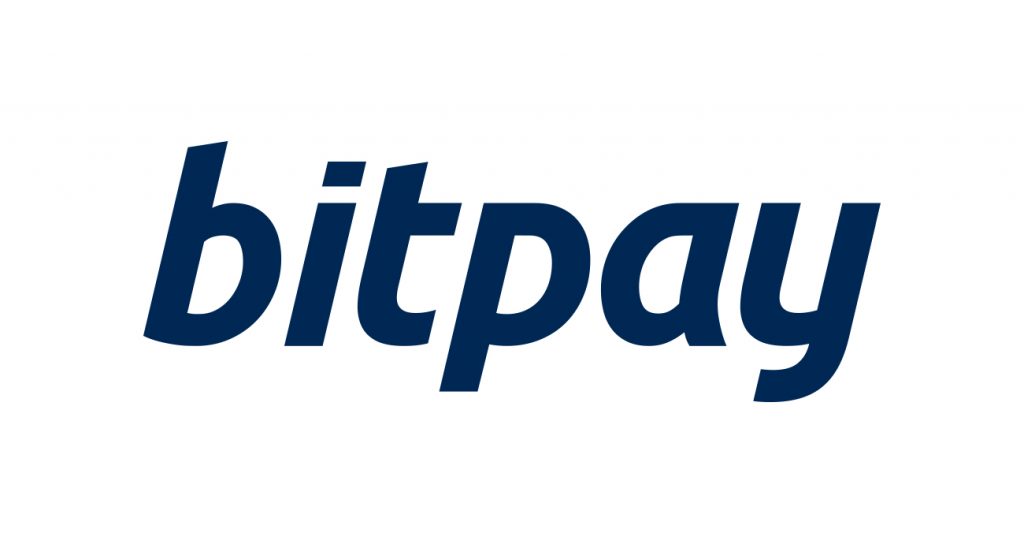As firms look for ways to speed up and secure simultaneous payments to multiple workers or contractors, cryptocurrency has entered the picture. BitPay Inc., an Atlanta-based processor that offers crypto e-wallets, on Thursday said it has added a mass-payout service that will let companies pay gig workers, contractors, and other workers in cryptocurrency.
The service, dubbed BitPay Send, is particularly positioned for international payouts, the company says, as Bitcoin and other digital currencies aren’t dependent on local exchange rates and transactions can be completed in minutes, “Blockchain payment adoption is growing because it offers an easy way to send and receive payments on a global scale,” said Stephen Pair, BitPay’s chief executive, in a statement. “Traditional international payment methods are cumbersome, costly, and slow.”
Further, the new service does not require companies to buy or manage cryptocurrency and reduces the cost of distributing the payouts, BitPay says. Mass payouts are typically used when firms need to send earnings to contractors, such as ride-share drivers, in various geographies and at one time.

BitPay Send represents a new avenue in cryptocurrency services for the company. “Historically, BitPay has focused on allowing companies to receive crypto, but they also have a need to send crypto,” Merrick Theobald, vice president of marketing, tells Digital Transactions News. Many BitPay clients, he adds, work through affiliates in various parts of the world. “They were looking for a faster way to pay, and the affiliates were looking for a faster way to receive [payment].”
BitPay positions the service as a way for companies to pay contractors or affiliates in crypto without assuming the risk brought on by the currencies’ volatility. “One of our biggest challenges is that we did not want to buy and hold crypto, and having BitPay manage that risk was an important factor in choosing BitPay Send,” said Dan Sapozhnikov, president of AdGate, in a statement. AdGate, which Theobald says has been trying out the new service “for a few months,” links digital advertisers with users of Web sites that offer rewards for engagement.
Firms can “jump in lightly” with the new service, Theobald says, by sending a small percentage of each payout via crypto. “The company would handle the fiat portion with any existing service they use,” he says. “We’ll handle the crypto portion.” He adds the integration work for BitPay Send is “very light,” with companies enabling the service “in a week or two.”
BitPay Send levies a fee of 1% for both domestic and cross-border payouts. The company says transactions are entered on the blockchain within seconds and confirmed in minutes. With cryptocurrency, recipients don’t need a bank account but, in the case of BitPay Send, they do need an e-wallet and a BitPay ID.
Observers say the new service could be useful for companies contending with unstable banking services or local currencies in other countries. But workers and affiliates will need certain assurances, they add. “They are going to want to know that they will be able to easily and inexpensively exchange their crypto for a fiat currency to pay taxes and otherwise spend the funds they received,” says Sarah Grotta, director of the debit advisory service at the consultancy Mercator Advisory Group.
The mass-payout service follows BitPay’s launch in June of a prepaid Mastercard that lets users convert their crypto holdings into dollars or other fiat currency and spend it at stores. The card, issued by New York City-based Metropolitan Commercial Bank, comes with an EMV chip and contactless capability.





